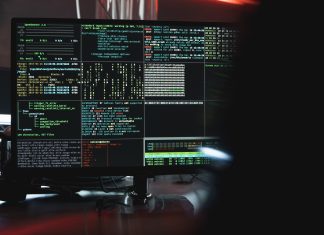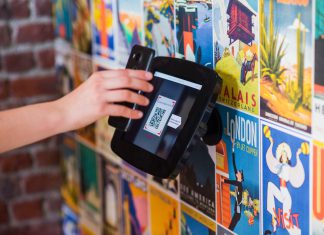The coronavirus forced many to work remotely for the first time in their careers, but few had any cybersecurity training to rely on to keep themselves safe, according to new research.
IBM Security has released a new study that found that 80% of 2,000 of the US professionals surveyed had never or rarely worked from home. Of those, 50% said that they worried about impending cyber threats.
While 93% said that they were confident in their employer’s ability to keep personal data secure, 52% said that they were using their personal laptop to work remotely, often with no added security software installed. Moreover, 45% said that they had not had any training to work remotely securely.
Additionally, more than half said that they didn’t have any new guidelines to rely on when it came to protecting private data at home, which was even more concerning that 42% of them used that kind of data in their regular jobs.
“Organisations need to use a risk-based approach with work-from-home models, then reassess and build from the ground up,” said Charles Henderson, Global Partner and Head of IBM X-Force Red. “Working from home is going to be a long-lasting reality within many organisations, and the security assumptions we once relied on in our traditional offices may not be enough as our workforce transitions to new, less controlled surroundings.”
IBM Security is not the first to warn about the cybersecurity risks involved with remote working. A recent report from cybersecurity company Tessian revealed that 52% of people working from home tend to think they can get away with being more lenient about their digital defences. For example, they are more likely to share confidential files via email instead of more trusted mechanisms. Part of this bullishness is because they are not working from a company device and because they are not supervised by the IT department.
Copyright © 2018 RegTech Analyst






